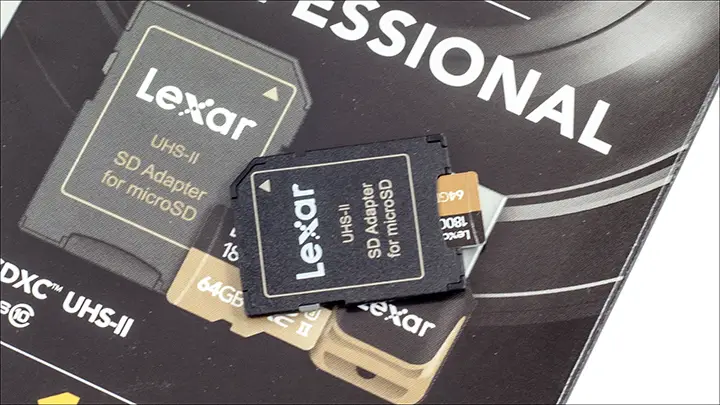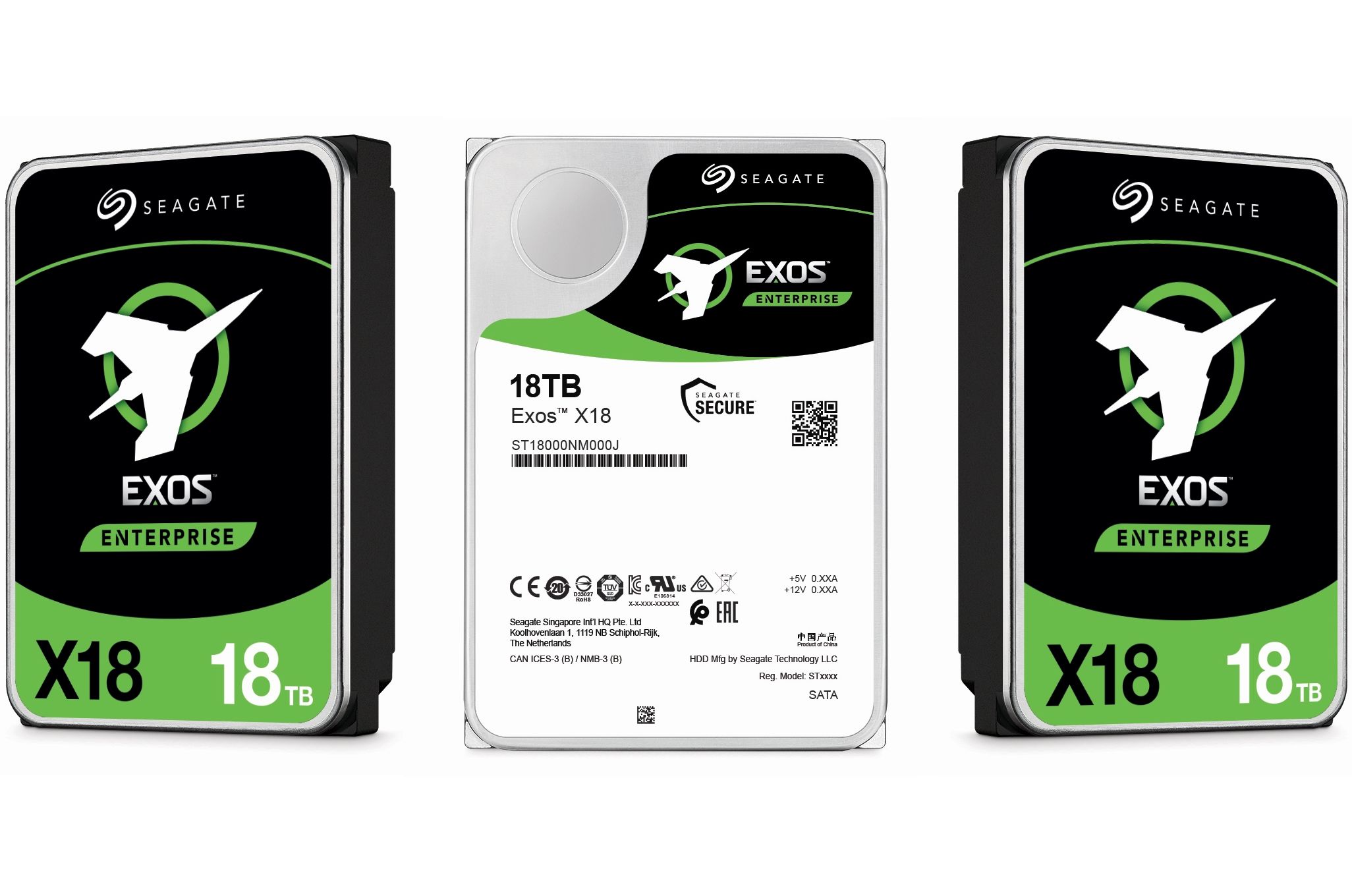Synthetic Test Results
For synthetic tests we have used a brand new Lexar WorkFlow USB 3.0 card reader. The reason for using this particular card reader is not because of any brand favoritism, nor because the included micro-SD UHS-II reader is poor; rather we found the WorkFlow model to be one of the best card readers available today.
ATTO Disk Benchmark
The ATTO disk benchmark tests the drives read and write speeds using gradually larger size files. For these tests, the ATTO program was set to run from its smallest to largest value (.5KB to 8192KB) and the total length was set to 256MB. The test program then spits out an extrapolated performance figure in megabytes per second.


As you can see the performance curves of this micro-SD card are rather impressive. To be blunt, unless you knew it was a micro card most consumers would guess it was a full sized UHS-ii card! That is how far technology has advanced in such a short period of time.
AS-SSD
AS-SSD is designed to quickly test the performance of your drives. Currently, the program allows to measure sequential and small 4K read/write speeds as well as 4K file speed at a queue depth of 6. While its primary goal is to accurately test Solid State Drives, it does equally well on all storage mediums it just takes longer to run each test as each test reads or writes 1GB of data.


Crystal DiskMark
Crystal DiskMark is designed to quickly test the performance of your hard drives. Currently, the program allows to measure sequential and random read/write speeds; and allows you to set the number of tests iterations to run. We left the number of tests at 5 and size at 100MB.
As you can see the Lexar Professional 1800X micro-SD series proves that good things can in come in small packages! While yes it is slightly slower than its biger 2000X sibling, that is one of the very, very few SD cards that can outperform this little bad boy! The fact that in UHS-I mode it is basically just as fast as the more expensive (and larger) 2000x series is just icing. Really brilliant stuff.













